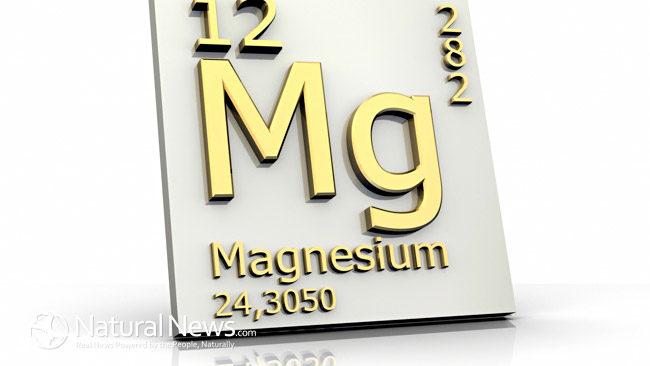Study show that most Americans are vitamin and mineral deficient. Nutrient deficiencies have long-lasting health effects, they can make you feel rotten. Nutrient deficiencies can leading to issues like high blood pressure, osteoporosis, anemia, hair loss, chronic fatigue, impaired glucose control, reduced immune function and so much more. About one-seventh of the people in the world are on the verge of starvation, which is obviously a pressing nutritional issue.
5 Most Common Nutrient Deficiencies
1.Magnesium
It is a important cofactor for over 300 enzyme reactions in the body. Not only is magnesium lacking in our diet today (due to soil depletion & processed foods), but your body also wastes magnesium under stress. So unless you live a stress-free life, you could use some more.
Deficiency Symptoms
Insulin resistance, Constipation, Migraines, Restless leg syndrome, Cramping, Hypertension, Fibromyalgia
What are the good sources of magnesium?
To help your levels return to normal, eat more magnesium-rich foods, such as almonds, cashews, peanuts, spinach, black beans.
2.Vitamin K2
It is needed for a healthy heart, strong bones & brain by telling your body where to put calcium! Without it, your body can deposit calcium to undesirable places like the arteries and soft tissues instead of the teeth and bones.
Deficiency Symptoms
Tartar buildup on the teeth, eventually tooth decay, Osteoporosis, Arterial calcification, heart disease eventually
What are the good sources of vitamin K2?
Eat pastured yolks, goose liver, grass-fed butter, aged cheese, and fish eggs.
3.Iron
It is a main component of red blood cells, where it binds with hemoglobin and transports oxygen to cells. Iron deficiency is one of the most common nutrient deficiencies in the world, affecting more than 25% of people worldwide.
Deficiency Symptoms
Anemia, tiredness, weakness, weakened immune system and impaired brain function.
What are the good sources iron ?
Eating vitamin C-rich foods like oranges, kale and bell peppers along with iron-rich foods can help maximize iron absorption.
4.Calcium
Calcium is essential for every cell. It mineralizes bone and teeth, especially during times of rapid growth. It is also very important for the maintenance of bone.
Deficiency Symptoms
Fatigue, muscle cramps, abnormal heart rhythms, and a poor appetite
What are the good sources of calcium?
Good sources of calcium are milk, yogurt, cheese, calcium-fortified orange juice, and dark, leafy greens.
5.Iodine
Iodine is a trace mineral with big implications for our health, especially of the thyroid.
Deficiency Symptoms
Hypothyroidism, Goiter, Cretinism
What are the good sources of iodine?
Eat seafood, fish, shellfish, crustaceans and Raw seafood will retain the most iodine.
Additional Sources:
blog.healthychoicenaturals.com
Look more:





